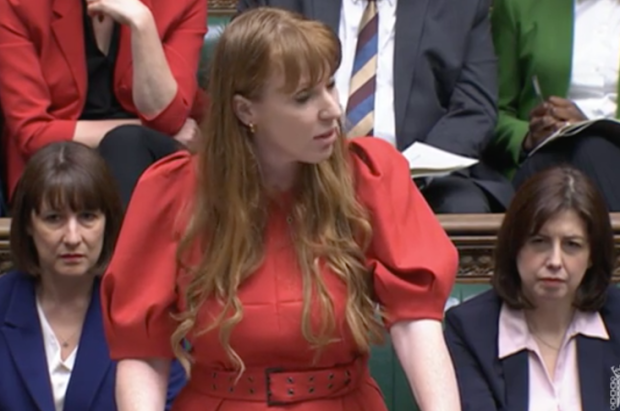I was bemused when I first saw the photograph of spaced-out chairs and vaccination booths in the Turbine Hall of the Tate Modern. Was this an art installation designed to probe the relationship between personhood and state? Were we supposed to question the transformational power of medicine, in a live enactment of biomedical transubstantiation in the cathedral-like space?
Alas, this was not art, à la Kara Walker, Olafur Eliasson or Carsten Holler. This was an NHS pop-up vaccination clinic, replete with a DJ ‘spinning tunes’. Presumably some clever behavioural psychologists have had a stab at what ‘groovy’ looks like, in an attempt to induce London’s trendy youngsters to be vaccinated.
The NHS has been running vaccination centres in many unusual places in an attempt to offer ‘convenience’ and to inspire ‘confidence’, two of the barriers to vaccine take-up. ‘Choice architecture’, as the behavioural scientists call it, has evolved from metaphor to literal. Venues have included mosques and cathedrals, football stadiums, The Oval, Primark, shopping centres, parks, art centres and the British golfing championship. You might ask if there are any public spaces left without well-meaning nurses trying to jab us with a Covid vaccine.
In an unprecedented initiative, football fans have been enticed with football tickets. The London Mayor’s office and Charlton Athletic wouldn’t comment when I asked them how the incentive might affect informed consent, or indeed what the programme had cost, but Dr Jackie Cassell, public health specialist and a medic at Brighton and Sussex Medical School is concerned about this trend:
The behavioural psychology approach is different to the health systems view. The psychologists want to change behaviour at a particular time, but public health specialists are more focussed on the system and long term participation with it.
‘We’re playing with fire’, she added.
Cassell is concerned we are heading in the direction of the US which is the Wild West of vaccine incentives and also has a strong anti-vaccine movement — you can be jabbed for free beer, doughnuts, hotdogs, marijuana joints or lap dances, and enter lotteries for cash, free flights and even college education. Yeehaw.
Twitter is a barometer of the extreme ends of opinion and reacted to the Tate’s collaboration with the NHS with ‘rocking’, but also ‘creepy, very creepy’ and ‘bizarre’. Do the potential extra vaccinations for some justify the dismay and rejection by others?
Another potentially controversial tool to drive the vaccine programme is the use of celebrities for endorsement. Social media is strewn with high profile ‘vaxxies’. The UK Cabinet Office told me that the majority of the influencers that work with the government are not paid for their time, as they recognise the importance of communicating health guidance on Covid-19.
Multiple delivery approaches to address convenience makes sense, but how does it look? What will this array of temptations and threats do to genuine hesitancy? The co-option of places of worship, shops, sport and now my beloved art gallery space looks less like a public health service and more like a creepy cult in thrall to nudging.
Got something to add? Join the discussion and comment below.
Get 10 issues for just $10
Subscribe to The Spectator Australia today for the next 10 magazine issues, plus full online access, for just $10.



















Comments
Don't miss out
Join the conversation with other Spectator Australia readers. Subscribe to leave a comment.
SUBSCRIBEAlready a subscriber? Log in